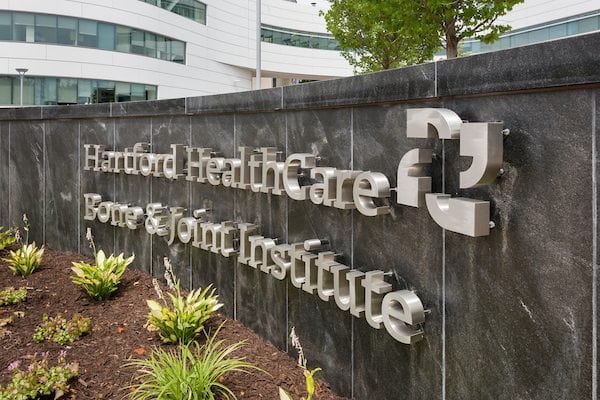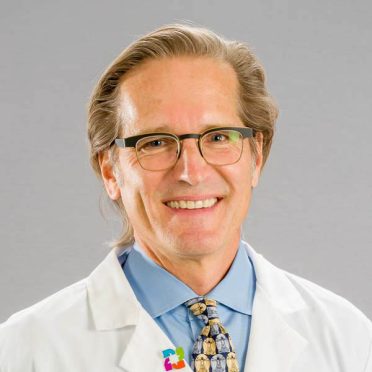Sixty patients filtered through Hartford Hospital within the last week for nonessential surgical procedures and “overwhelmingly” reported feeling safe as life in the facility starts to step out of the shadow cast by the COVID-19 pandemic.
Dr. John Grady-Benson, medical director of the Hartford HealthCare (HHC) Bone & Joint Institute, said every patient was surveyed after their procedure and all felt they were “well cared for.”
Restarting surgeries not considered emergency care – called “nonessential” or “elective” – is part of the system’s move to return to full operation after many procedures and most access to its facilities were eliminated due to fear of spreading COVID-19 and a need to reserve space to care for infected patients.
“It’s like turning on a faucet slowly,” Dr. Grady-Benson said May 19 during the daily HHC media briefing, noting that teams will collect data along the way.
He estimated the system should be up to 75 percent surgical capacity by the middle of June. Then, as people needing procedures monitor the results and risk of going into a hospital, he said the facilities should reach 115 to 120 percent capacity in August or September.
He stressed that the decision to start scheduling non-emergency procedures was not without planning by a systemwide team of experts from infectious disease, surgery and nursing. The team established appropriate guidelines designed to prevent risk to patients and the system.
Discussions between individual patients and their surgeons will be critical to deciding when to proceed with a procedure, Dr. Grady-Benson said.
“You have to look at, Is it more dangerous for the outcomes and discomfort to wait?” he said.
Before coming in for surgery, every patient will be tested for COVID-19. The testing is done about five days before the procedure and patients must self-quarantine between the test date and surgical date to further protect against infection. When they arrive for surgery, patients’ temperatures will be taken, as one of the telling signs of COVID-19 infection is a high fever, and masks must be worn.
The steps being taken to protect patients and staff, Dr. Grady-Benson said, are “the same safety behaviors we were called to do when we came into healthcare.”
“Infection prevention is ingrained in us,” he added.
He also noted that no one who came in for emergency or urgent surgery during the COVID-19 pandemic contracted the disease while in the hospital.
Need to see your doctor? New Patient? For more information about Hartford HealthCare virtual health visits, click here.
Click here to schedule a virtual visit with a Hartford HealthCare-GoHealth Urgent care doctor.
Stay with Hartford HealthCare for everything you need to know about the coronavirus threat. Click here for information updated daily.
Questions? Call our 24-hour hotline (860.972.8100 or, toll-free, 833.621.0600).


